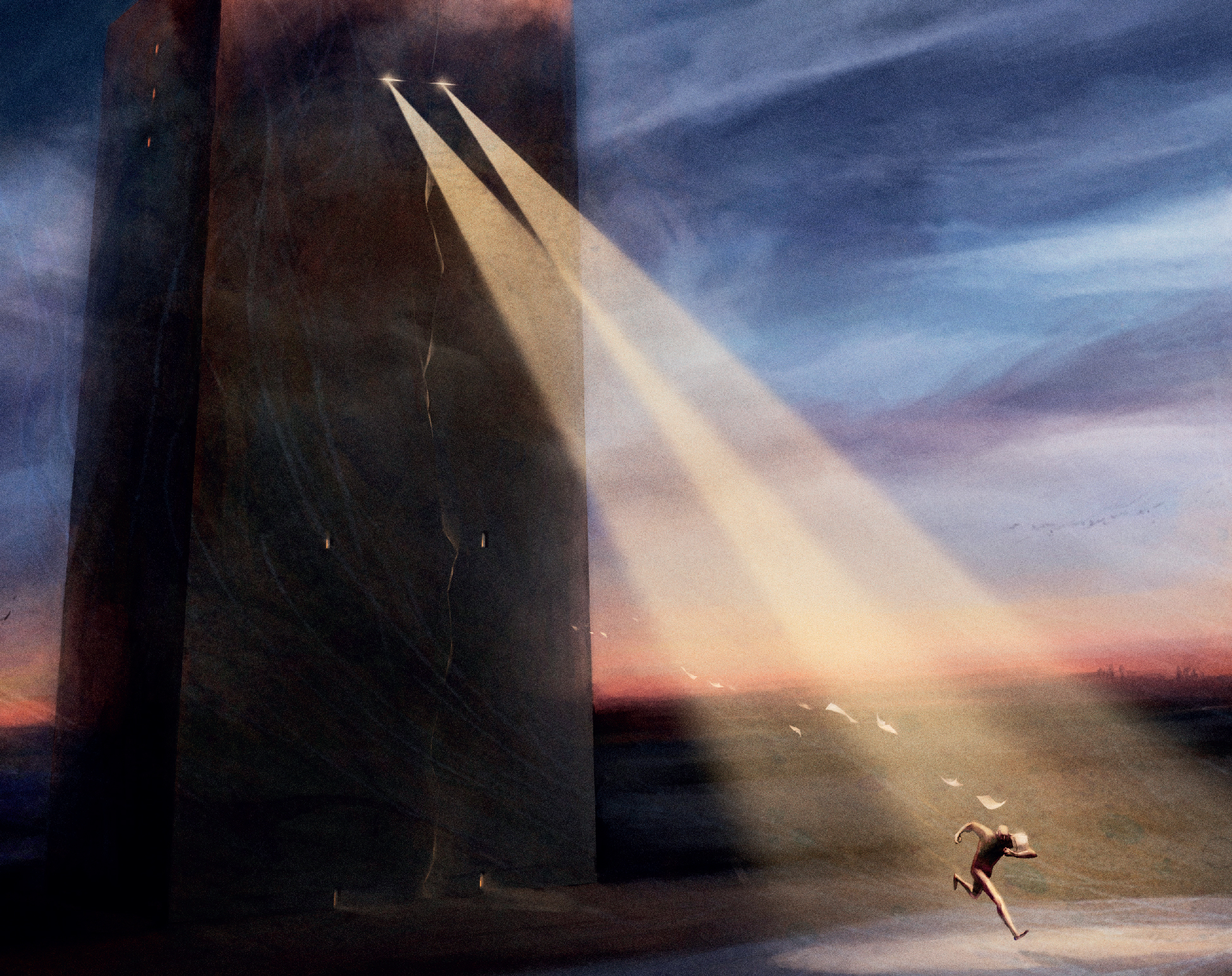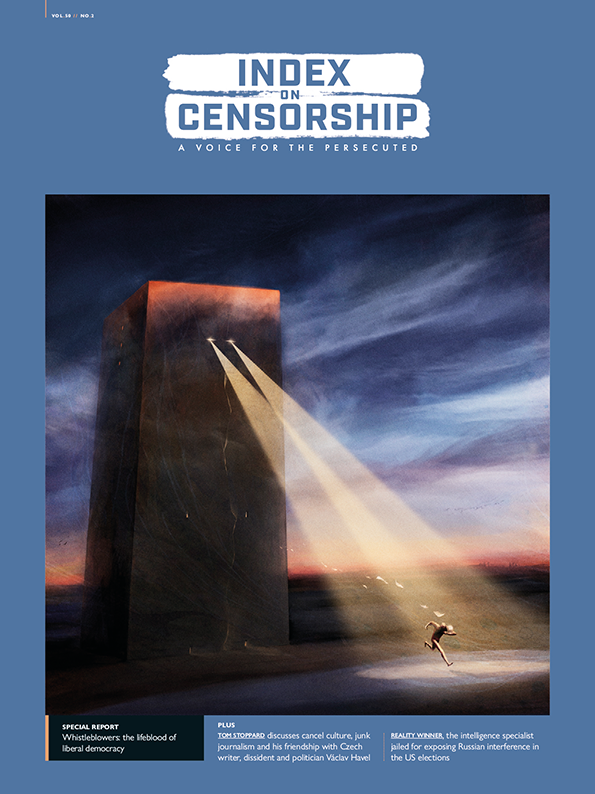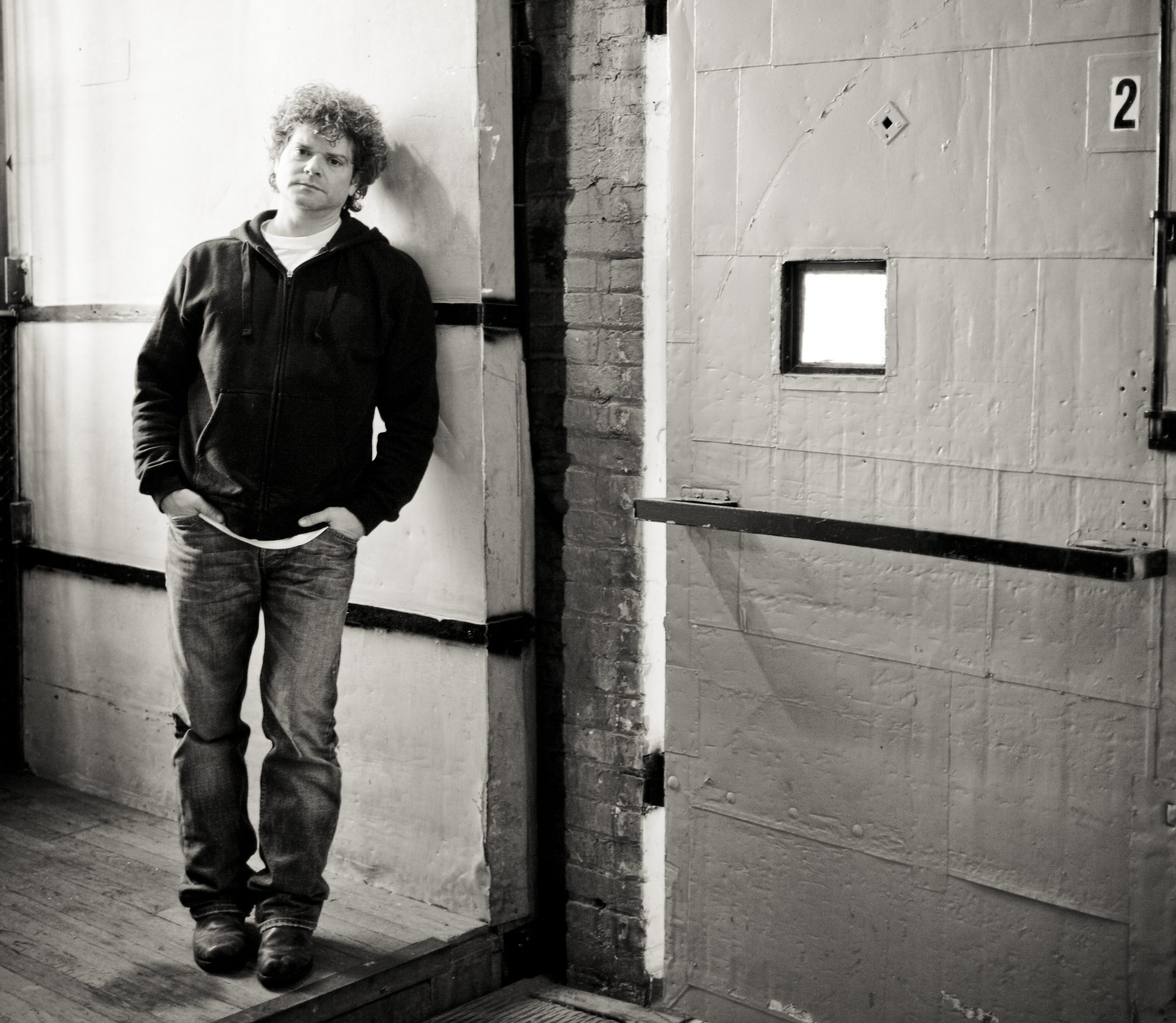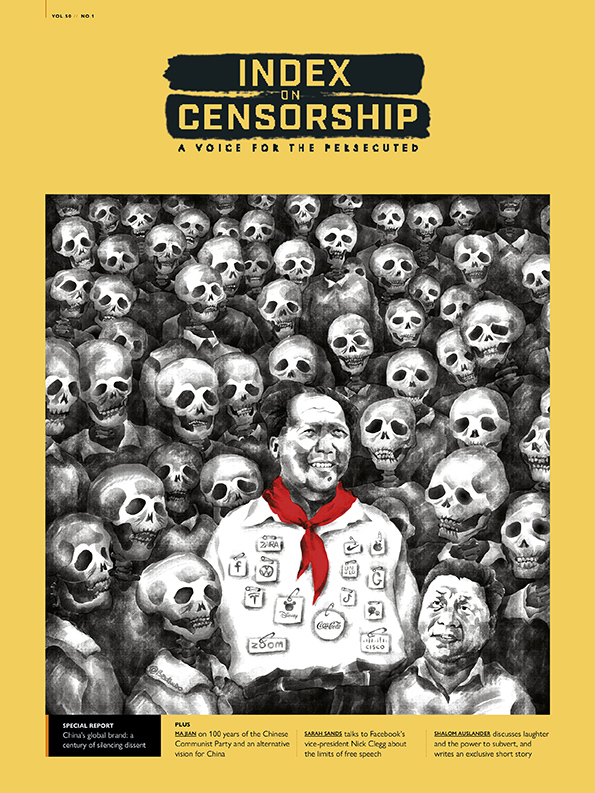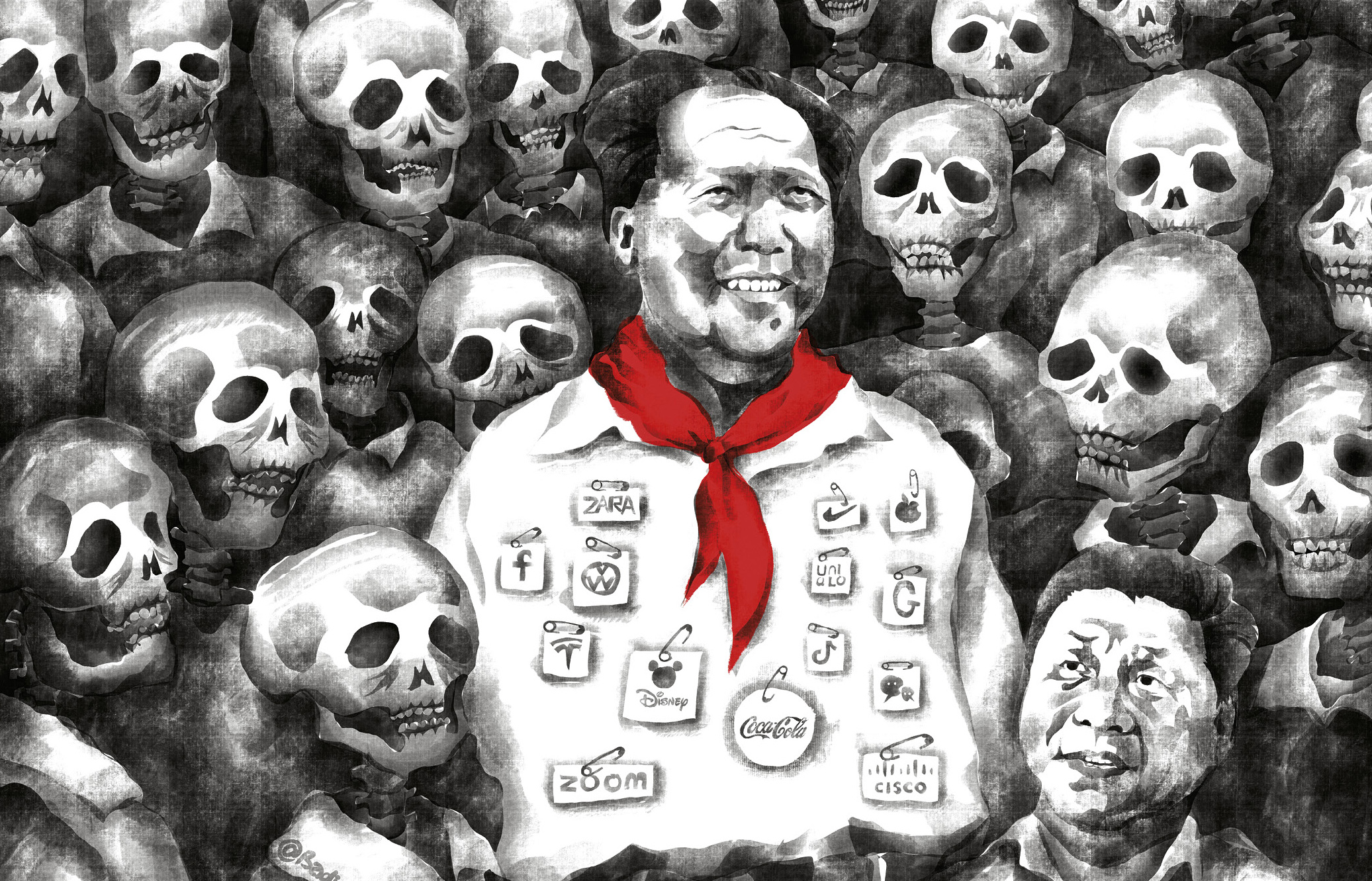When those in power want to control access to history and ideas, libraries are often the first to be targeted, reports Rachael Jolley
CATEGORY: Magazine
Why journalists need emergency safe havens
Journalists tell Index how a new type of visa is vital to protect lives and stop media censorship. Rachael Jolley reports
Spinning bomb: Fighting the disinformation war
Nerma Jelacic argues revisionists are manipulating free speech defenders
Speaking for my silenced sister Reality Winner
Winner, a US Air Force veteran, has just been released after being imprisoned for exposing secret papers about Russian interference in the US elections
Daniel Ellsberg: The original whistleblower
The man who leaked the Pentagon Papers, which revealed the extent of US involvement in Vietnam during five presidencies , speaks to Index
Are we becoming Hungary-lite?
Jolyon Rubinstein fears a British legislative agenda that could stifle protest, satire and the very foundations of democracy
Contents – Whistleblowers: the lifeblood of democracy
[vc_row][vc_column][vc_column_text] Index's new issue of the magazine looks at the importance of whistleblowers in upholding our democracies....
Whistleblowers: The lifeblood of democracy
The summer 2021 issue of Index on Censorship magazine looks at the critical role of whistleblowers
Anti-Ha: an exclusive short story by Shalom Auslander
The American author talks about laughter and the power to subvert
Standing up to a global oil giant
Celebrated author Ma Jian reflects on the terrible legacy of the Chinese Communist Party in its centenary year
China: A century of silencing dissent
This summer the Chinese Communist Party celebrates its 100th birthday
Index will not be celebrating the anniversary but it is important to mark it – especially as it coincides with a renewed crackdown on internal dissent and foreign journalists inside China. Earlier this year we witnessed the removal of the BBC World Service’s licence to broadcast in response to a similar move by the UK regulator regarding Chinese state broadcaster CGTN. Veteran media commentator Ian Burrell writes for us about this media war and the distinction between independent national broadcasters and state-controlled propaganda outlets. The centrepiece of our special report is a highly personal essay by Chinese-born British writer Ma Jian, who writes of his own teenage experience of the Great Famine – in which 45 million of his fellow citizens died – and his belief that the CCP and China are not one and the same. Former Index editor Rachael Jolley sets the context by talking to prominent historians studying China today. China’s desire to control the narrative of its global economic brand is the subject of a number of pieces, including Issa Sikiti da Silva’s examination of China’s economic influence in Africa Contributing editor Kaya Genç looks at Turkey as it struggles with the geopolitical challenge represented by its Uighur refugees, and Stefano Pozzebon writes of the pressure placed on Paraguay to end its special relationship with Taiwan and switch allegiance to Beijing. Meanwhile, Sally Gimson assesses how Chinese cultural colonialism reaches into the heart of British academia. Technology is crucial to China’s control of its people but, at the same time, it offers new possibilities of resistance. We talk to one of the founders of GreatFire which monitors Chinese state control of the internet and provides the means to circumvent the country’s Great Firewall. And Tianyu M Fang explains how young people’s allegiance to the party is being reinforced but also tested by digital technology. While authoritarian regimes such as China still pose the greatest threat to free expression around the world, the big technology companies provide challenges of their own. Index trustee Sarah Sands, former editor of the Evening Standard and BBC Radio 4’s Today programme, interviews Facebook vice-president Nick Clegg about how the company grapples with censorship issues. Index also takes pride in publishing the work of writers and artists themselves. In this edition you can read exclusive stories by American novelist Shalom Auslander and Syrian writer Khaled Alesmael, poetry by Ukrainian national hero Vasyl Stus, and lyrics by exiled Iranian singer Gelareh Sheibani.
Contents – China’s global brand: a century of silencing dissent
[vc_row][vc_column][vc_column_text] Index looks back on 100 years of the Chinese Communist Party and how their censorship laws continue to shape the...
A quarterly journal set up in 1972, Index on Censorship magazine has published oppressed writers and refused to be silenced across hundreds of issues.
The brainchild of the poet Stephen Spender, and translator Michael Scammell, the magazine’s very first issue included a never-before-published poem, written while serving a sentence in a labour camp, by the Soviet dissident Aleksandr Solzhenitsyn, who went on to win a Nobel prize later that year.
The magazine continued to be a thorn in the side of Soviet censors, but its scope was far wider. From the beginning, Index declared its mission to stand up for free expression as a fundamental human right for people everywhere – it was particularly vocal in its coverage of the oppressive military regimes of southern Europe and Latin America but was also clear that freedom of expression was not only a problem in faraway dictatorships. The winter 1979 issue, for example, reported on a controversy in the United States in which the Public Broadcasting Service had heavily edited a documentary about racism in Britain and then gone to court attempting to prevent screenings of the original version. Learn more.







